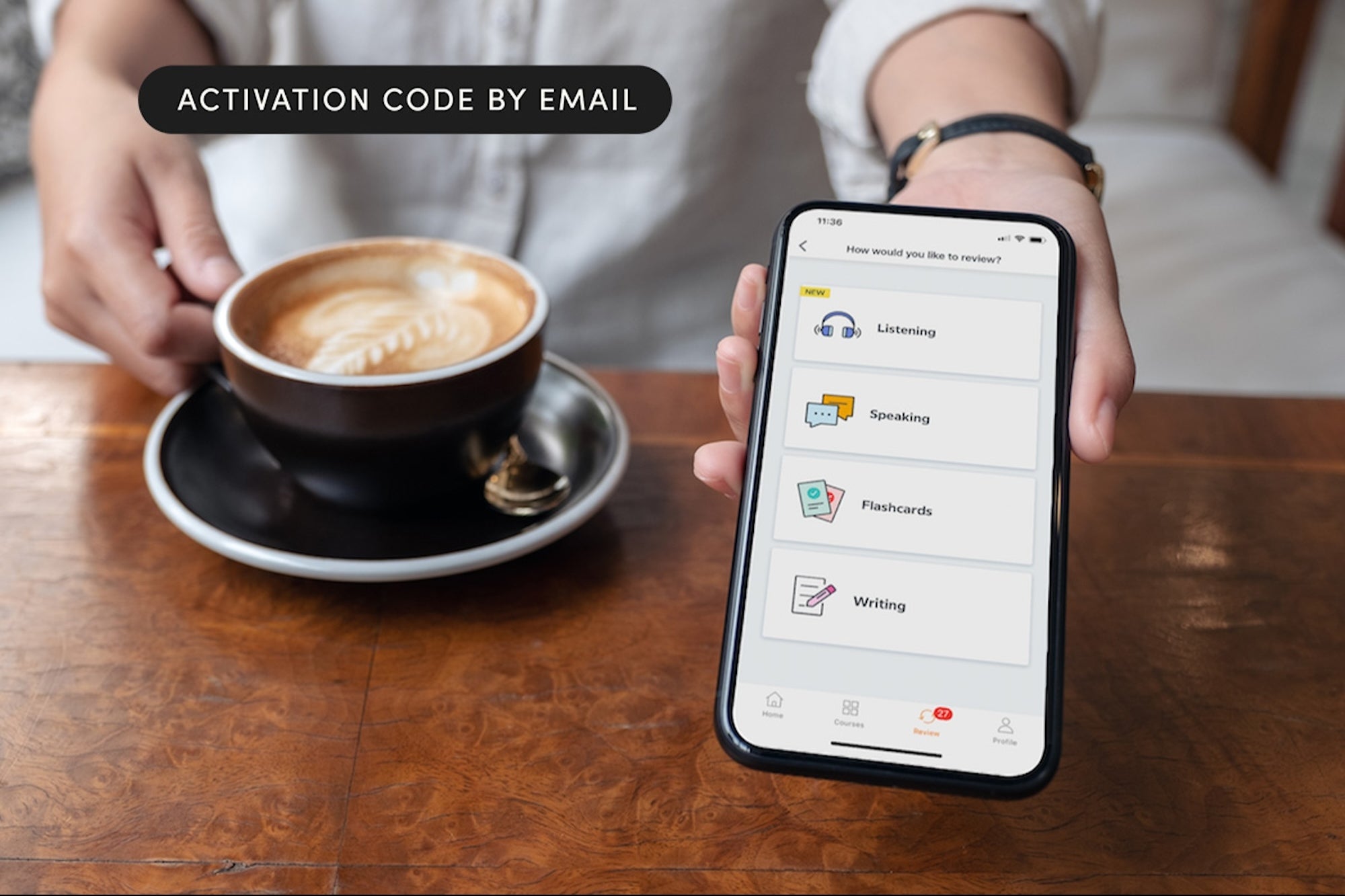Can't Code? 4 Tips for the Non-Techie Young 'Trep Student entrepreneur David Gabeau on why computer-programming experience isn't critical to launching a successful tech startup.
By David Gabeau

Whether during lunch time conversation in the dining hall or late night talks with my roommates, it seems that everyone has a big idea for a tech startup. Unfortunately, few people possess the technical chops required to bring their ideas to fruition.
When we started, neither my co-founder nor I was very adept in programming languages. What we did have was ambition, vision and the support networks of our respective colleges. Still, launching a startup -- especially for the first time and without much programming experience -- can be extremely taxing. Fear not, however, because college is the ideal place for the non-technical entrepreneur to launch.
Here are four steps to starting up without much technical experience:
1. Create a business plan. As a non-technical co-founder, you'll be responsible for everything outside of building the actual product. Creating a detailed business plan will help you set realistic deadlines and expectations. It'll also make lining up potential teammates and future investors a lot easier.
It might help to participate in university sponsored or supported business-plan competitions at your school. At NYU, where I'm a freshmen, students entering one of the school's many competitions may fine-tune their business plans with faculty and business professionals. Getting feedback from these sources helped me go through many different business models before finally finding one that worked.
2. Assemble a team. Your first goal should be finding a talented programmer who can make your vision a reality. I suggest searching within your college's computer science program or, you can do as I did, and find someone through a mutual friend. Whether your team consists of two or five people, it is important that everyone is compatible. You will be spending the next few months working together very closely.
3. Start pounding the pavement. While your coders are building the product, it is time for you to begin working on other aspects of the business. You should start seeking mentorship advice from professors at your university who work in the sector you are looking to disrupt. You are responsible for getting feedback from early customers, creating buzz through marketing, and creating and maintaining business relationships with future partners.
Going to school in New York City allowed us to develop relationships with many education organizations in the city and gave us plenty of customers to tap for early feedback.
4. Learn to code. Lastly, find time in your schedule to learn how to code. Even a non-technical co-founder needs to have basic coding skills to be able to communicate effectively with the techies of the team. Fortunately, you can do as I did, and learn at your own pace on websites like Codeacademy.com or you can enroll in some computer-science classes at your institution. Either way, learning how to code is unavoidable and your product will only be better because of it.
What are your tips for non-technical co-founders? Share them here in the comments section.
**Apply Now** Are you an enthusiastic college- or graduate-student entrepreneur, eager to share your on-campus experiences? Apply to be a YoungEntrepreneur.com College Treps columnist.












